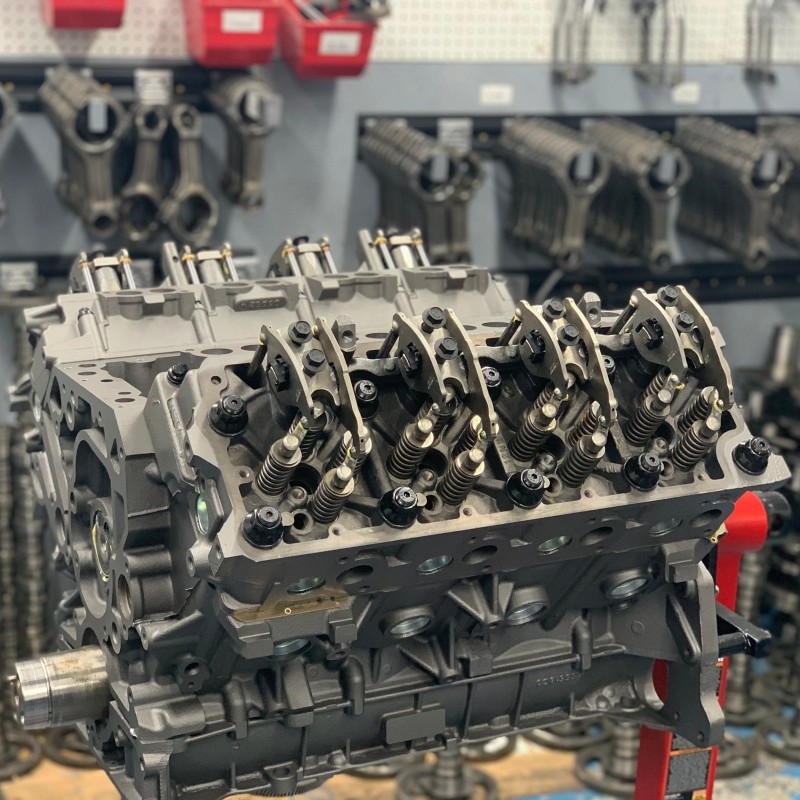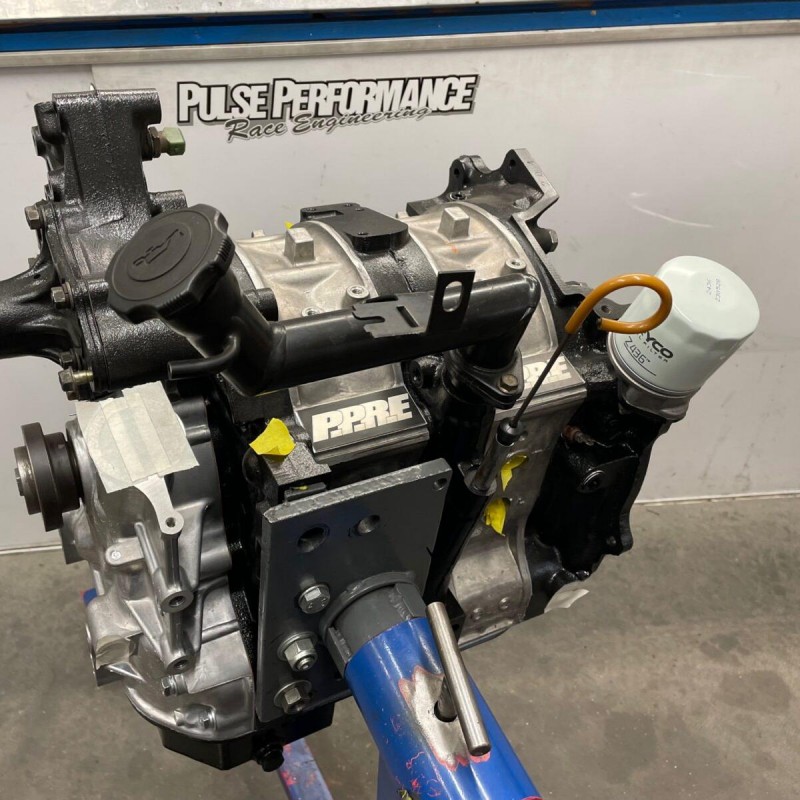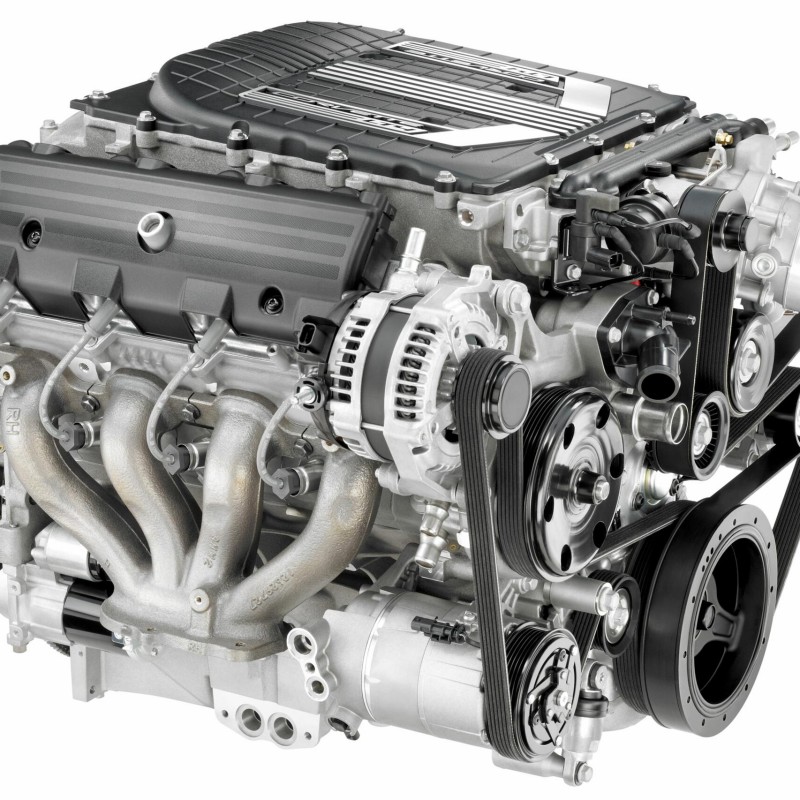When it comes to vehicles, determining the right engine type can significantly impact performance, efficiency, and even cost of ownership. Particularly, understanding what is the difference between gasoline and diesel engines helps consumers make informed decisions that align with their needs and preferences. Both types of engines power countless vehicles on the roads today, yet the mechanisms that allow them to function vary considerably. Gasoline engines use spark plugs and vaporized fuel, while diesel engines rely on high compression and fuel injection. This fundamental distinction leads to differences in efficiency, power output, maintenance, and overall usage. Furthermore, an exploration of these engines uncovers insights into their advantages, disadvantages, and how they influence environmental considerations.
In this comprehensive article, we will delve into the mechanics of gasoline and diesel engines, their key differences, the benefits and drawbacks of each type, and the best applications for both engine types. Join us as we investigate the intricacies of engine technology to enhance your understanding of engine performance.

The Basics of Engine Operation
Before discussing the differences between gasoline and diesel engines, it’s essential to understand the fundamentals of how internal combustion engines operate. Regardless of type, both gasoline and diesel engines convert fuel into mechanical energy through a series of controlled explosions within engine cylinders. During this process, fuel mixes with air, is ignited, and creates pressure that pushes pistons, ultimately turning the crankshaft and providing power to the vehicle.
In a gasoline engine, the cycle generally follows a four-stroke process: intake, compression, combustion, and exhaust. The engine draws an air-fuel mixture into the cylinders during the intake stroke. The pistons compress this mixture, preparing it for ignition. Spark plugs ignite the compressed mixture, generating a powerful explosion that forces the pistons downward. Finally, the exhaust valves open, allowing burnt gases to escape while the process repeats.
On the other hand, diesel engines typically use a similar four-stroke cycle, but with distinct differences. Diesel engines draw in air alone during the intake stroke, then compress it to high pressures during the compression stroke. This extreme pressure heats the air, allowing for fuel injection at the peak of compression. The high temperature causes the fuel to ignite spontaneously, creating a powerful force that drives the pistons down.
In this way, both engine types share a fundamental principle of operation but differ significantly in their ignition methods and fuel-air mixture handling.
Key Differences Between Gasoline and Diesel Engines
Understanding what is the difference between gasoline and diesel engines involves exploring several aspects, including combustion methods, performance characteristics, and fuel properties. Here are some of the critical differences:
Combustion Process: Gasoline engines rely on spark plugs for ignition, whereas diesel engines ignite fuel through compression. This difference leads to variations in how the engines operate. Diesel engines typically operate at higher compression ratios, making them more efficient and powerful.
Fuel Types: Gasoline engines use gasoline, a refined petroleum product composed mainly of hydrocarbons. Diesel engines use diesel fuel, which has a higher energy density. Diesel fuel is oilier and denser than gasoline, providing better fuel economy.
Efficiency: Diesel engines are generally more fuel-efficient than gasoline engines. They achieve this efficiency through higher thermal efficiency and greater energy content in diesel fuel. As a result, diesel vehicles often provide better mileage, particularly on long trips, making them a popular choice for trucks and commercial vehicles.
Torque and Power: Diesel engines produce higher torque at lower RPMs compared to gasoline engines. This characteristic allows diesel engines to handle heavy loads and climb steep grades effectively. Gasoline engines often provide higher horsepower, which is beneficial for high-speed performance.
Noise and Vibration: Diesel engines typically operate with more noise and vibration than gasoline engines. This is due to the combustion process and the heavier construction of diesel engines, which withstand higher pressures. Consequently, drivers may notice a more pronounced rumble in diesel-powered vehicles.
Maintenance and Longevity: Diesel engines usually require more maintenance than gasoline engines, partially due to the additional components involved in fuel injection. However, they tend to last longer when properly maintained, often exceeding 500,000 miles. In contrast, gasoline engines typically require less upkeep, but they may have shorter lifespans.

Performance Characteristics of Gasoline vs. Diesel Engines
Examining the performance characteristics of gasoline and diesel engines provides further insights into what is the difference between gasoline and diesel engines. Drivers often prioritize criteria such as acceleration, fuel efficiency, power output, and driving experience when selecting a vehicle.
Acceleration: Generally, gasoline engines provide quicker acceleration. Gasoline vehicles tend to respond more dynamically due to their ability to produce peak horsepower at higher RPMs. This quality makes them suitable for sports cars and racing applications, where power-to-weight ratio plays a significant role in performance.
Fuel Efficiency: Diesel engines excel in terms of fuel efficiency. With their higher energy density and better combustion efficiency, diesel vehicles can travel longer distances on a single tank compared to their gasoline counterparts. This characteristic makes them ideal for long-distance travel and commercial applications where fuel economy is critical.
Emissions: Diesel engines have made significant advancements over the years concerning emissions control; however, they tend to produce higher nitrogen oxide (NOx) and particulate matter emissions than gasoline engines. Conversely, gasoline engines typically produce fewer harmful emissions like carbon monoxide (CO). That being said, advancements in diesel technology, such as selective catalytic reduction (SCR) and diesel particulate filters (DPF), have helped mitigate these emissions.
Driveability: Gasoline engines often provide a smoother driving experience due to their lighter construction and refined designs. Drivers frequently note that gasoline vehicles exhibit less engine noise and vibration, making them more pleasant for everyday use. Diesel engines, while robust and powerful, may exhibit more noise, especially under heavy loads.
Cost of Ownership: Diesel engines may have a higher initial purchase price than gasoline engines. However, they can lead to lower fuel costs in the long run due to their efficiency. Buyers must weigh the benefits of longevity and fuel savings against the upfront investment.
Applications of Gasoline and Diesel Engines
The choice of engine type can significantly influence the intended use of a vehicle. This section explores common applications for both gasoline and diesel engines, highlighting how their characteristics align with different requirements.
Passenger Vehicles: Most standard passenger cars, especially compact and sport vehicles, utilize gasoline engines. These engines provide the performance and responsiveness drivers seek for city and highway driving.
Trucks and SUVs: Many trucks and larger SUVs benefit from diesel engines due to their superior torque and payload capabilities. Diesel engines excel in heavy-duty applications where towing and hauling are necessary, making them a popular choice among commercial vehicles.
Commercial Vehicles: Buses, delivery trucks, and long-haul transport vehicles often rely on diesel engines for their efficiency and durability. The ability to travel long distances on a single tank of fuel and to carry substantial loads enhances productivity and keeps operational costs efficient.
Construction and Agricultural Equipment: Heavy machinery in agriculture, construction, and mining frequently uses diesel engines. The high power output and torque provided by diesel engines make them ideal for operating equipment that requires substantial power for effective operation.
Performance Vehicles: Sports cars often feature gasoline engines for their ability to produce high horsepower at peak RPMs, catering to the needs of enthusiasts seeking speed and acceleration. Racing vehicles also prioritize gasoline engines, as they offer competitive advantages in horsepower dynamics.
Environmental Impact of Gasoline and Diesel Engines
The environmental impact of gasoline and diesel engines remains a prominent topic as concerns about climate change and air quality continue to grow. Therefore, scrutinizing the emissions and contemporary improvements in both engine types is crucial.
Gasoline Engines: Traditionally, gasoline engines have produced lower NOx and particulate emissions, which is beneficial for urban air quality. However, they still contribute to carbon dioxide (CO2) emissions, which affect global warming.
Diesel Engines: While diesel engines tend to produce higher levels of NOx and particulate matter, improvements in emission control technologies help mitigate these issues. Systems like SCR and DPF ensure that modern diesel engines comply with stringent emissions regulations.
Renewable Fuels: Both engine types are increasingly compatible with renewable fuels. Biofuels and synthetic fuels provide alternative energy sources that can reduce reliance on fossil fuels, ultimately lowering overall emissions while maintaining performance characteristics.
Electric Alternatives: As technology progresses, electric powertrains offer an evolving alternative to traditional gasoline and diesel engines. Electric vehicles (EVs) operate with zero tailpipe emissions, gaining traction among environmentally conscious consumers.
Challenges:Consumers face various challenges while navigating the transition between fuel types. Factors include range anxiety for electric vehicles and the availability and infrastructure of alternative fuels.
Maintenance and Care for Gasoline and Diesel Engines
Proper maintenance is crucial for maximizing the lifespan and performance of both gasoline and diesel engines. Different engine types may require specific care, which impacts their efficiency and reliability.
Routine Maintenance: Regular oil changes, air filter replacements, and spark plug replacements are essential for both types of engines. Keeping up with these tasks ensures optimal performance and longevity.
Diesel Engine Considerations: Diesel engines require additional attention, particularly concerning the fuel system. Schedule regular inspections for fuel injectors, filters, and exhaust systems. Utilizing high-quality diesel fuel can also enhance performance.
Fuel Quality: Always opt for high-quality fuel, whether gasoline or diesel, to prevent engine issues or performance degradation. Using contaminated or substandard fuel can lead to carbon buildup, injector fouling, and other common engine problems.
Engine Cooling: Ensuring the cooling system operates efficiently will prevent overheating and prolong engine life. Regularly check coolant levels and inspect hoses for leaks or damage.
Inspection: Conduct routine inspections for signs of wear and tear, such as leaks, strange noises, or performance issues. Early detection of problems leads to timely repairs and prevents major consequences.

Conclusion
Understanding what is the difference between gasoline and diesel engines equips consumers with valuable knowledge when choosing a vehicle. Each engine type possesses unique characteristics that cater to different needs and preferences.
Gasoline engines shine in performance, responsiveness, and suitability for passenger cars. Conversely, diesel engines prove superior in torque, fuel efficiency, and longevity, making them ideal for heavy-duty applications.
As technology progresses, both engine types continue to evolve, adapting to meet environmental concerns and consumer demands. Improvements in emissions control and renewable fuel compatibilities signal a shift toward more sustainable practices in automotive engineering.
Ultimately, the decision between gasoline and diesel engines depends on individual driving habits, environmental considerations, and the desired performance characteristics. By appreciating the nuances of both types, consumers can make informed choices that align with their lifestyle while contributing to a more sustainable future.
Tags: automotive performance, engine types, gasoline vs. diesel engines